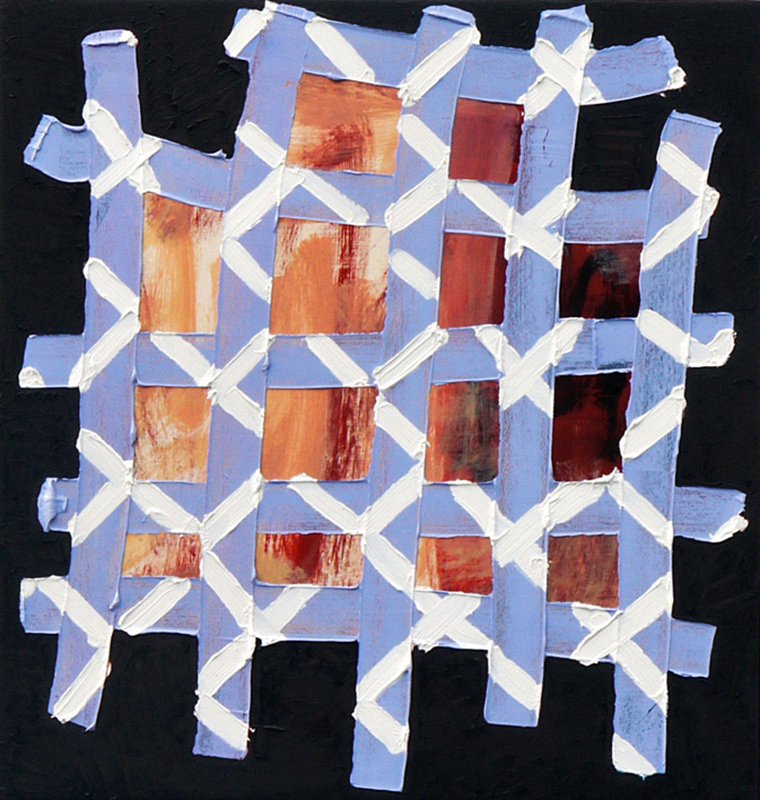
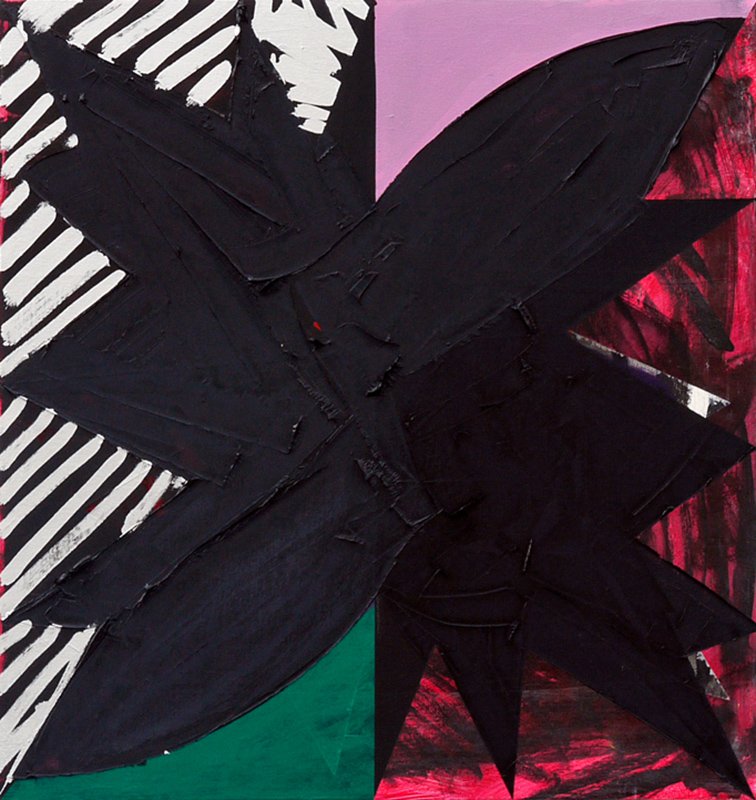
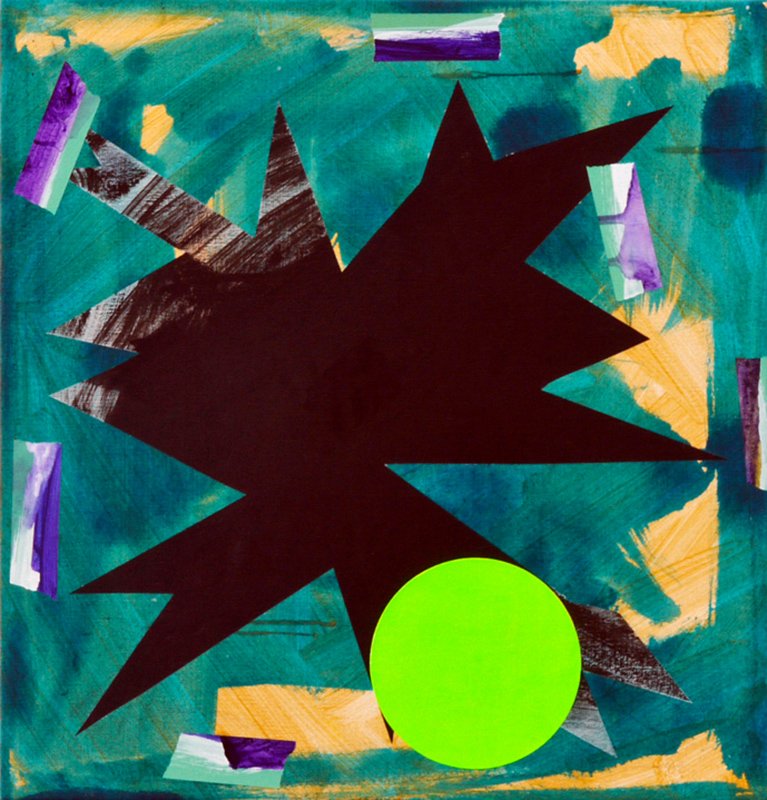
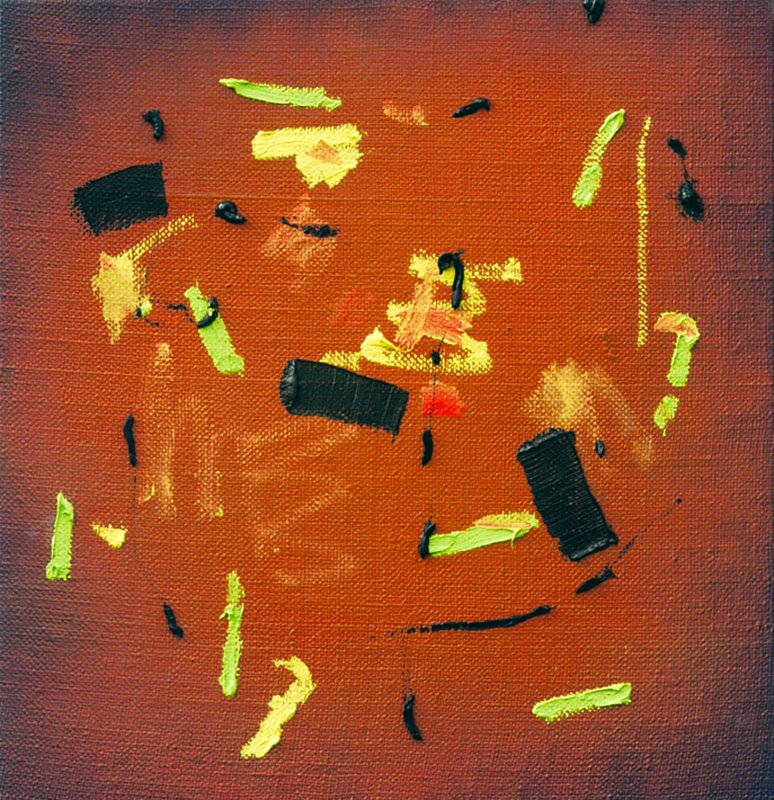
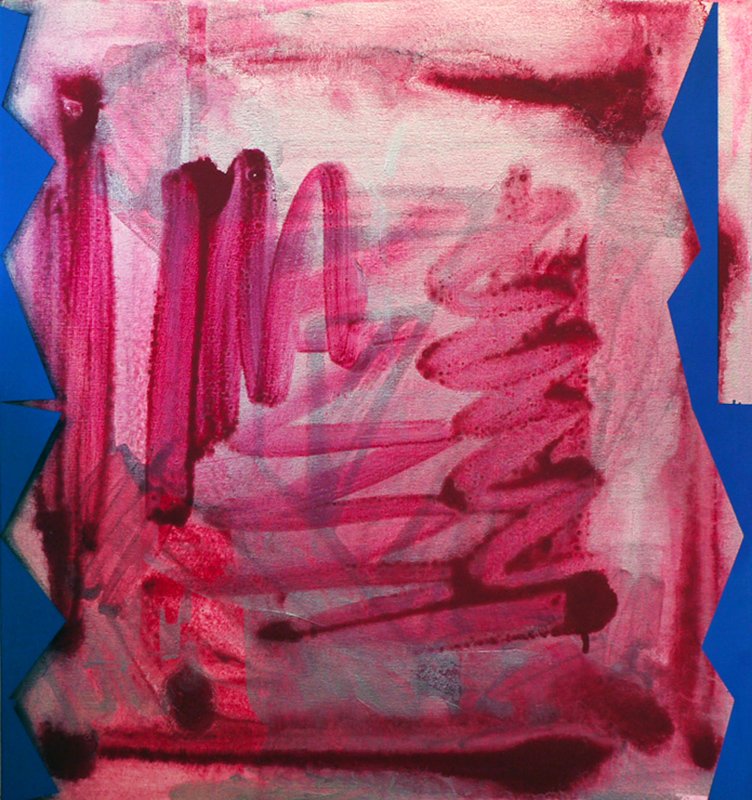
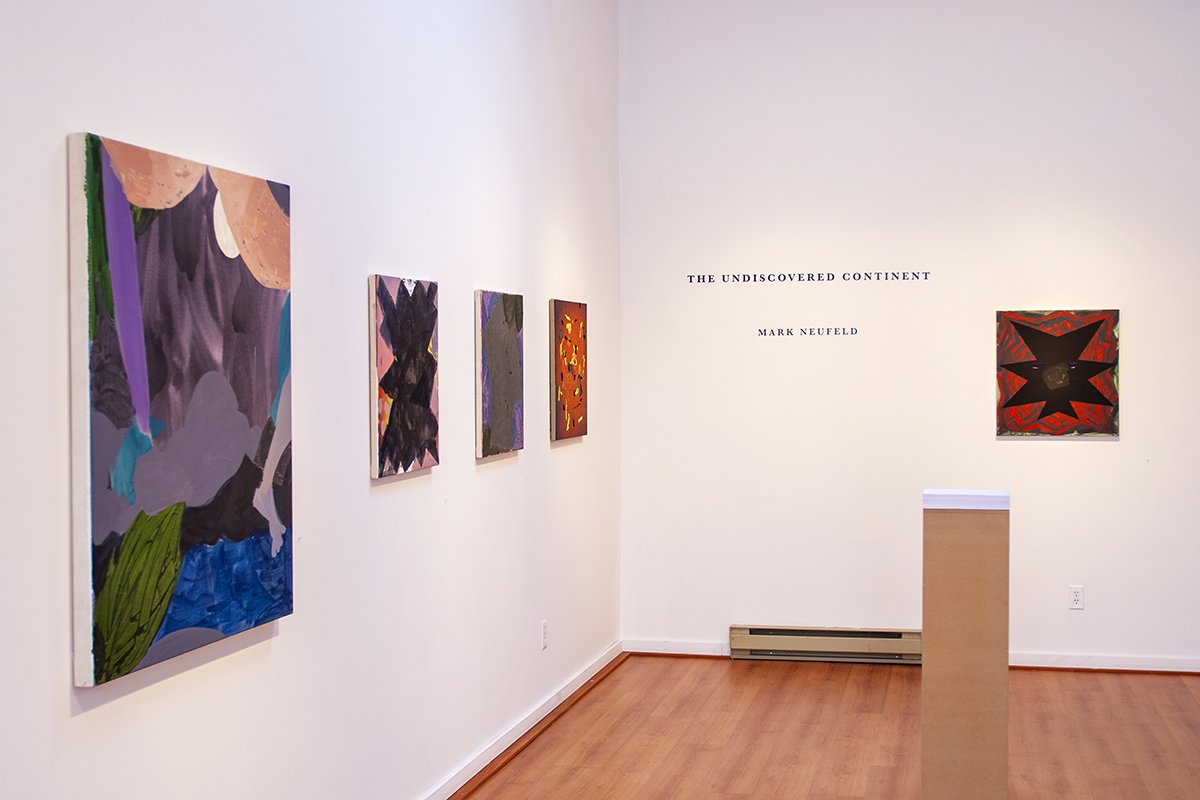
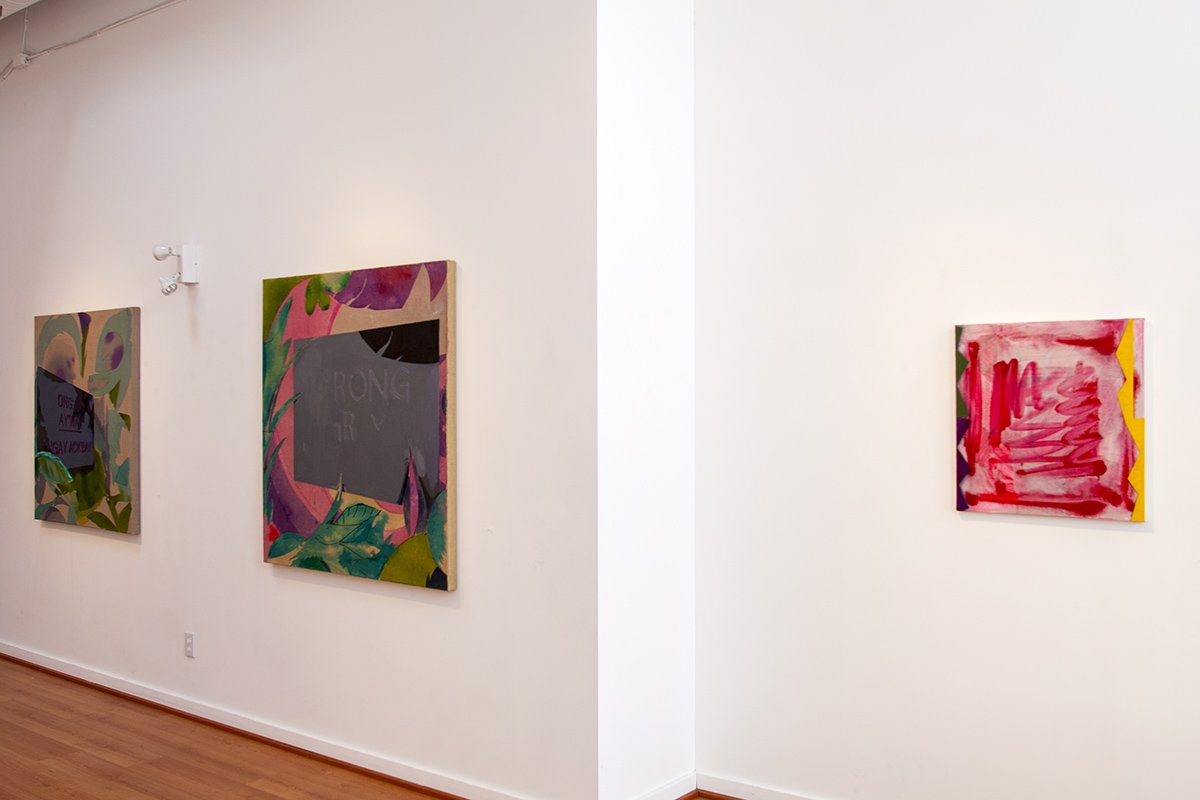
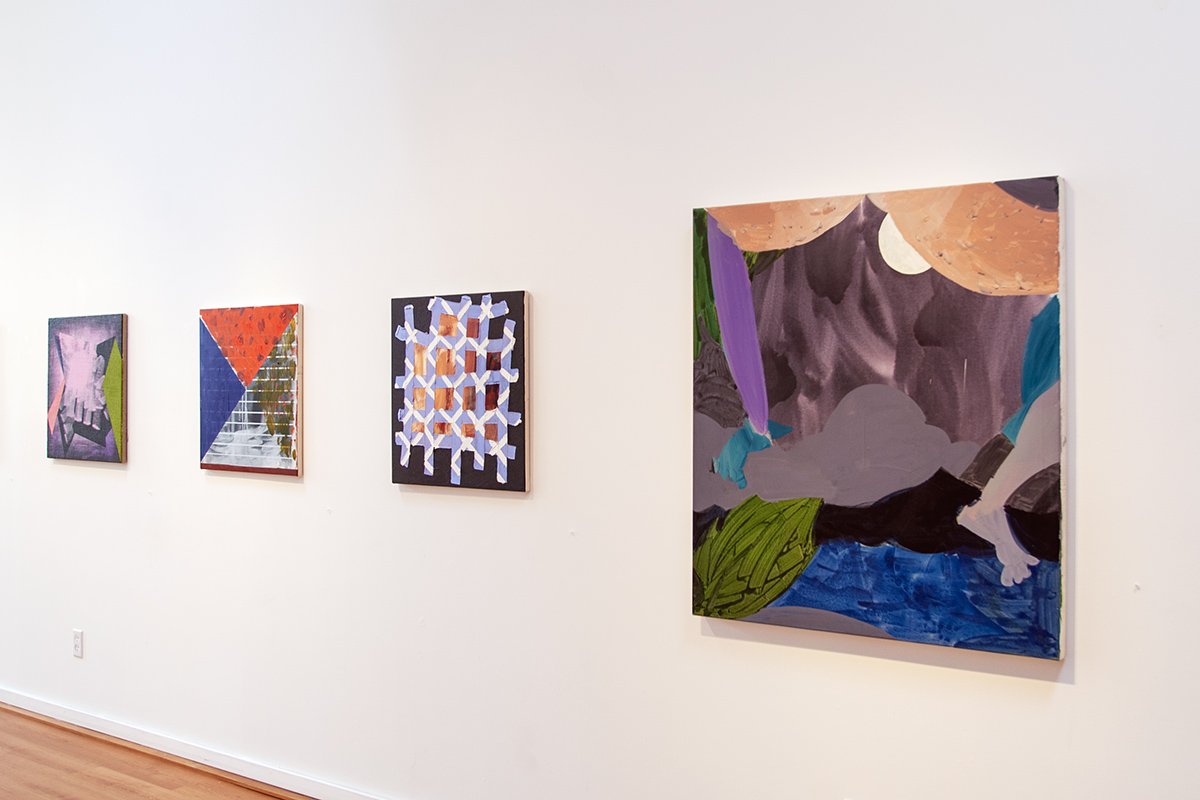
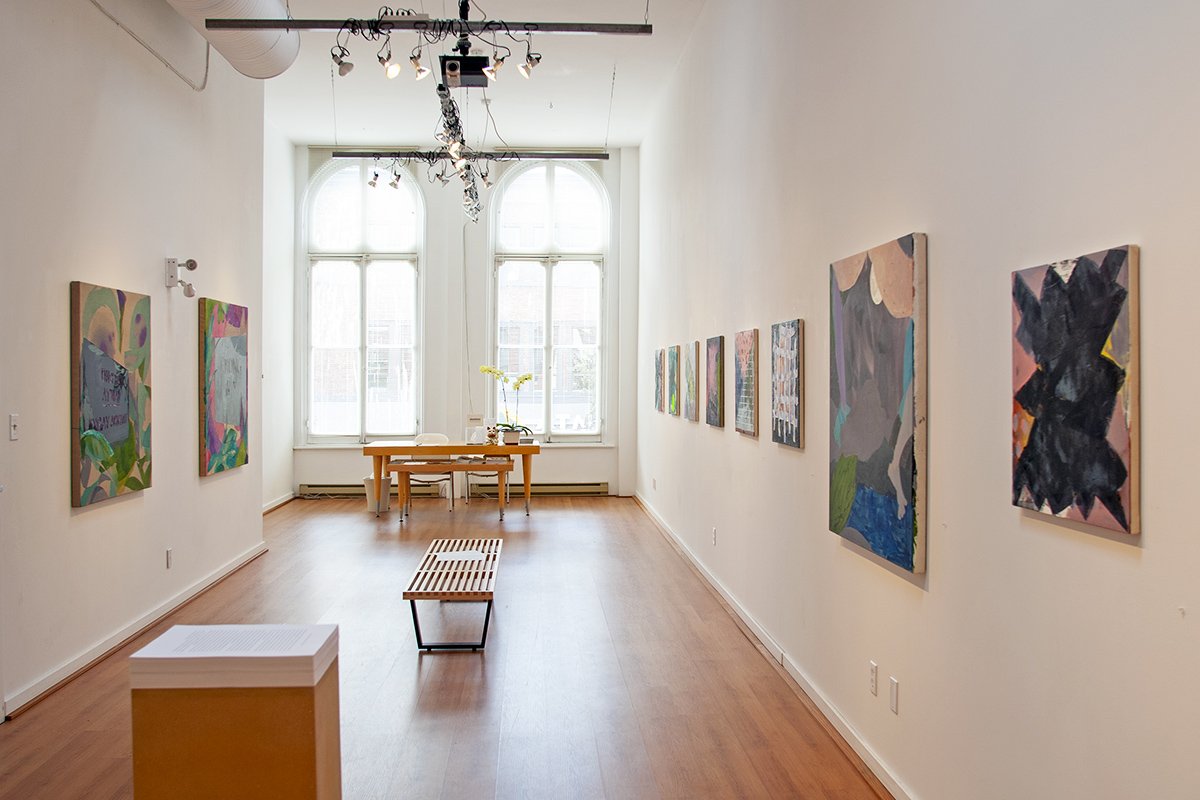
The Undiscovered Continent
Mark Neufeld
September 2 to October 1, 2011
In the current exhibition the narrative synthesis common to my working methods has been eschewed in favour of a visual synthesis. With the result being that these works are more experiential to a certain degree—knowledge of references external to the work are not required. This approach to visual synthesis, far from being universal (ie. serial), is developed specifically within a given work. The appearance of the work is the result of a specific set of solutions developed in response to specific (pictorial) problems. Each work begins with a committed mark or series of marks, which is then altered, reflected on and questioned, with the one caveat being that it cannot be caused to entirely disappear. Since each work begins with a specific mark (or series of marks), unique to it, the course taken thereafter will also be unique to that work. Regarding the “problems” mentioned above (and it should go without saying that the word “problem” should be seen here in a positive light, as problems generate content) they are general, and are the usual ones with painting, having to do with figure/ground relationships, the framing edge as container or window, surface vs. support, etc.
It’s my hope that what is gained in all of this (for both maker and viewer) is a heightened sense of how forms can relate to one another, as well as awareness of how an attitude (or attitudes) inflects those forms. Attitude here can mean being sincere as well as faking it, faking sincerity and being sincerely false. Exhaustion of forms can produce a richness of inflections, or ways of inhabiting those forms, which amounts to my use of the word attitude. The French phrase savoir-faire might also be useful here. The choice or issue, then, is whether or not communication can take place via the framework established by the work.
If attitude is indeed part of the content of these works, then we can also entertain the idea of affect, in both its positive and negative uses. Affect relates to genuine emotion, and is also seen as being the conscious manipulation of emotion, or false emotion. I believe that these works live, work and play within this gap.
– Mark Neufeld, 2011